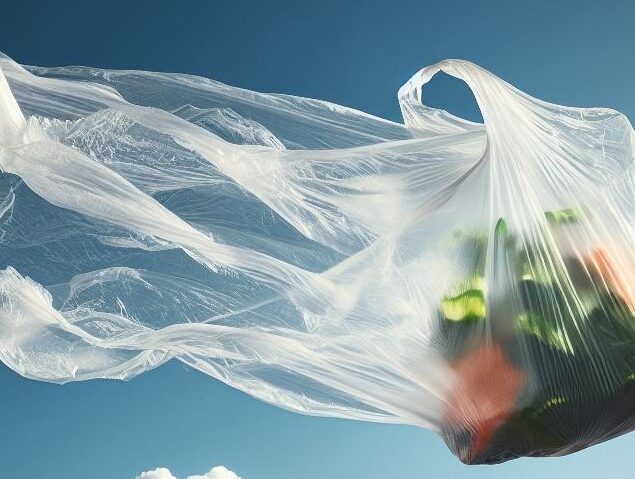The Trudeau Liberals are told yet again that they overstep their federal power to the detriment of the provinces. This time the issue was the listing of plastic manufactured items as a broad category under the Canadian Environmental Protection Act, 1999 was unreasonable and caused the law to exist its delicate and legitimate exercise of the federal government’s criminal law power.
You can read the decision here: https://decisions.fct-cf.gc.ca/fc-cf/decisions/en/item/524419/index.do. It is unclear what the immediate effect is as the Liberal government did bring in additional legislation that was not ruled on with this decision. Do not expect plastic bags to suddenly return to grocery stores since the federal government has signaled it is leaning strongly towards an appeal.
The main reason the federal government lost this case is that they listed every plastic item as a toxic substance under CEPA granting them the power to regulate it. That listing was found to be overly broad and thus unreasonable. The court concluded that while some, if not many, plastic items can cause harm to animal life, not every single plastic item does. The lack of distinction means that there is an inadvertent listing of non-toxic items as being toxic for the purposes of regulation.
The criminal law power of federal parliament grants them the ability to regulate harmful things in society. CEPA’s power and constitutionality was extensively covered in the case Hydro Quebec. By adding an item into CEPA that cannot be proven to have toxic effects, it has effectively rendered CEPA as no longer regulating harm done – thus it loses the protection of the criminal law power of the division of powers in the Canadian constitution and renders it unconstitutional. Since this offending aspect would bring the entirety of the law into question, it must then be left to the court to cut the offending portion out of the existing, valid law. Thus the court has declared that adding plastic manufactured items to the list of toxic substances is nullified and of no effect.
We saw a passing mention of POGG once again (the constitutional power that allowed the Carbon Tax legislation to stand) but the court chose not to consider it as it did not apply to the evidence given by the parties in this case. An astute reader will note, however, that the judge did make mention that the POGG power might fail to save this ban due to the inability to satisfy the singleness, distinctiveness and indivisibility portion of the national concern test.
With Respect,
Tim Barnes
Tim is currently studying law at the University of Saskatchewan. He sits on the Maverick Board of Directors representing Saskatchewan. Feature image was generated using Bing AI.

